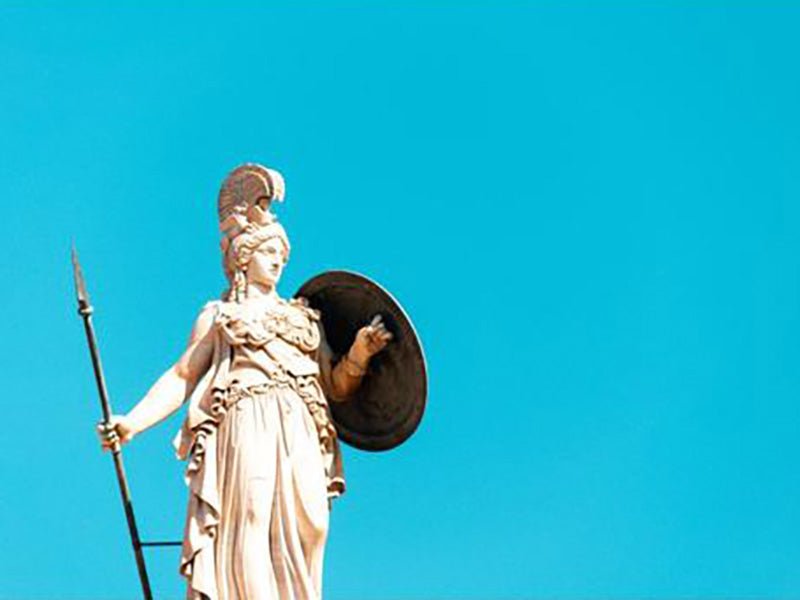
Influential Women of Ancient Greece
Share
If you are a history buff like we are you might want to learn a little bit more about the women that inspired our Delphi Collection. We admit, some of the names of our pieces are a little unusual but then so were the women we named them for!
Agnodice
Agnodice was the first female physician in the time of ancient Greece. In ancient Greece women were not allowed to practice medicine. Agnodice defied that law and attended school dressed as a man! After graduating she began assisting women in labor. She soon found that they were distrustful of male physicians so she revealed her true identity to them. Eventually she was discovered and charged. The women were appalled and rallied to her defense demanding that the law be changed.
Aspasia
Historians agree that Aspasia, one of the most important females in ancient Greece, She helped pave the way to more equality in Athenian society and provided women the opportunity to be accepted as intellectual figures and leaders. Her husband, Pericles ruled over Athens when it was in its prime. She was not an Athenian citizen and was spared some of the traditional restraints placed on women. Many elites despised her influence over her husband and she is thought to have written many of his speeches.
Athena
According to Greek mythology, Athena is the Goddess who defeated the God of Sea to decide who would look after Athens.
Calliope
According to Greek mythology Calliope was the chief muse of poetry, eloquence, music, song, and dance. Calliope had such a way with words she inspired and influenced many great works of literature. She is said to have been the muse behind the Iliad and the Odyssey and she is referred to in Dante’s Divine Comedy. People with creative talents called on her to inspire and guide their work.
Cynisca
Cynisca was the first ever female Olympian in ancient Greece. At a time in ancient Greece when females were not even allowed to watch the Olympics let alone compete, Cynisca found a cool work-around. Females were allowed to train or breed horses for chariot racing events so that is what she did. But she took it a step further. Using her wealth and influence she negotiated and was allowed to compete in the games, ultimately winning her chariot race! After her win many other women competed also.
Phyrne
Phryne (fry-knee) – known for her beauty, Phryne of Thespiae was a famous courtesan in ancient Greece. Her beauty was so extraordinary she served as a model for paintings and sculptures including the statue of Aphrodite. Phryne was possibly the richest self-made woman of her time; so vastly rich that she offered to fund the rebuilding of the walls of Thebes, which had been destroyed by Alexander the Great in 336 BC. To find out how her exquisite beauty saved her life read this.
Pythia
Pythia was the title of the priestess who delivered prophecies at Delphi in ancient Greece. Pythia’s role in ancient Greece was to provide sound advice on all the questions of the day. Her position in society was unique for females and she wielded a lot of power. The priestess was consulted by the movers and shakers of society as well as everyday citizens. Therefore, the oracle commented on a variety of issues that concerned matters of state and personal dilemmas.
Inspiration
We hope you have enjoyed learning more about life in ancient Greece and about the women who used their strength, wisdom and influence to bring about positive changes in their societies. Though it is sometimes daunting to try to effect change, we can certainly be inspired by these amazing women!
